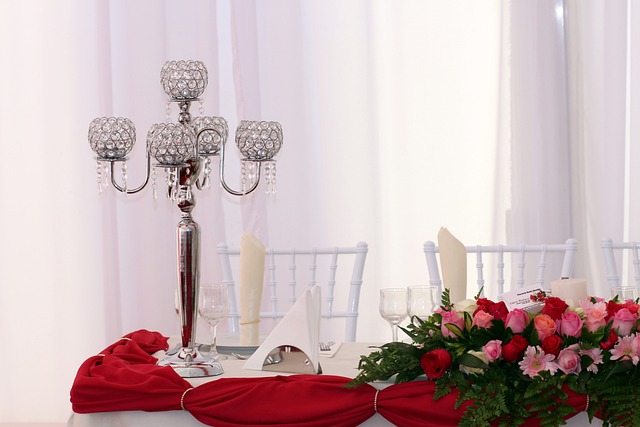For small event planning businesses, mastering Event Planning for Local Businesses involves understanding regional market needs and trends. From favoring rustic or historic venues to embracing sustainability, tailoring services to local tastes ensures competitiveness and community resonance. Demographic research, industry insights, and engagement with local associations drive successful event creation, fostering a thriving scene within the community. By leveraging cultural nuances and staying informed on industry trends, your small business can offer unique, competitive wedding planning experiences catering to local couples' desires.
“Uncover the secrets to successful wedding planning for your small event business. In this comprehensive guide, we explore strategic approaches tailored to local businesses. From understanding your market—identifying needs and trends through competitive analysis—to crafting a unique value proposition, you’ll learn how to stand out.
Discover effective marketing tactics, including leveraging social media, building an online presence, and targeted advertising to attract clients. Additionally, streamline operations with efficient systems, outsourcing, and clear pricing structures for sustainable growth in the event planning industry.”
- Understanding Your Local Market: Identifying Needs and Trends for Event Planning
- – Researching your target audience within the local business community
- – Analyzing competitors and current event planning trends in your area
Understanding Your Local Market: Identifying Needs and Trends for Event Planning

Understanding your local market is a crucial step in successful wedding planning for small businesses. By identifying the needs and trends within your community, event planners can tailor their services to cater to specific demands. Local markets often have unique cultural nuances and preferences that influence wedding styles. For example, certain regions might favor intimate, rustic weddings with local florals, while others may lean towards elegant affairs in historic venues. Staying attuned to these regional tastes allows event planners to offer specialized packages and create memorable experiences for couples.
Event planning for local businesses thrives on keeping up with current trends. Engaging in market research helps identify popular themes, venue choices, and service preferences among area residents getting married. From sustainable weddings gaining traction to unique ceremony locations outside the traditional settings, staying ahead of these trends enables event planners to stand out and attract clients seeking innovative solutions. Adapting to local tastes and fads ensures businesses remain competitive while providing services that resonate with their community.
– Researching your target audience within the local business community

Understanding your target audience is a crucial step in event planning, especially when catering to local businesses. Researching the specific needs and preferences of your fellow business owners in the community allows for a more tailored and successful wedding planning experience. You can begin by identifying the demographics and industries that make up your local business scene. For instance, are you primarily serving tech startups or traditional family-run restaurants? Each sector may have unique requirements and themes they prefer for corporate events or celebrations.
Delve into industry trends, popular event formats, and past client feedback to gain insights. Local networking groups, business associations, and community forums can be valuable resources to connect with these businesses directly. By engaging with them and listening to their expectations, you can create memorable weddings that resonate with your target audience in the local business community, ensuring a thriving event planning service for all.
– Analyzing competitors and current event planning trends in your area

When planning a wedding for a small business, understanding your local event planning landscape is key. Analyzing competitors involves researching other event planners in your area to identify unique selling points and gaps in their services that you can capitalize on. Stay updated with current trends by attending industry events, joining relevant online forums or groups, and subscribing to reputable event planning publications. This ensures your offerings remain competitive and appealing to local couples seeking wedding services.
Focusing on event planning for local businesses also means staying attuned to regional preferences and cultural nuances. By embracing these trends and incorporating them into your services, you can create tailored experiences that resonate with clients. This competitive edge, combined with a deep understanding of the local market, will help position your small business as a preferred choice among couples seeking memorable wedding celebrations.
In conclusion, understanding your local market is a cornerstone of successful event planning for small businesses. By identifying the needs and trends within the business community and staying informed about competitors, you can tailor your services to fill unique gaps in the market. This strategic approach not only enhances your business’s appeal but also ensures you’re providing valuable solutions that resonate with clients seeking exceptional event experiences. As an event planner, navigating these insights allows you to stand out, attract a loyal customer base, and thrive in the competitive landscape of local event planning for businesses.






